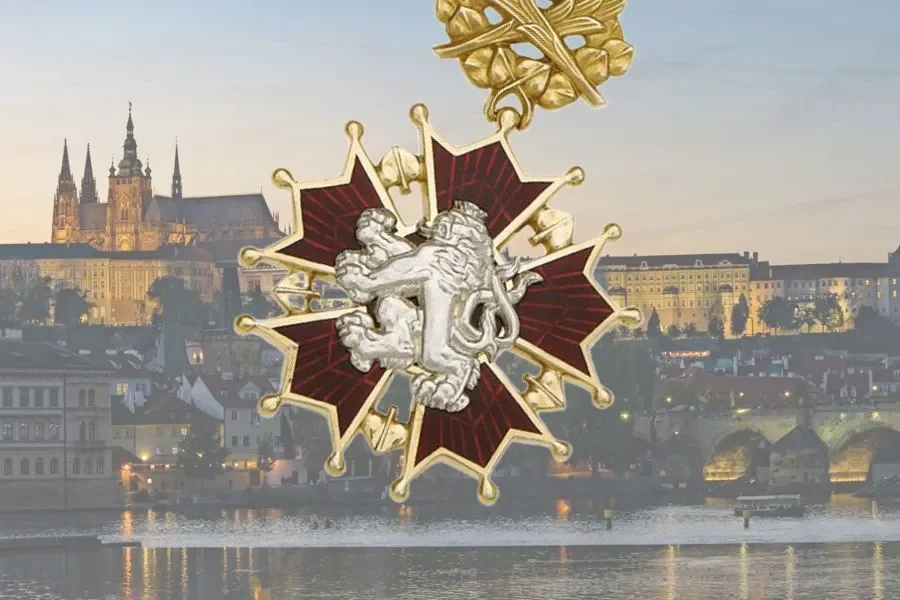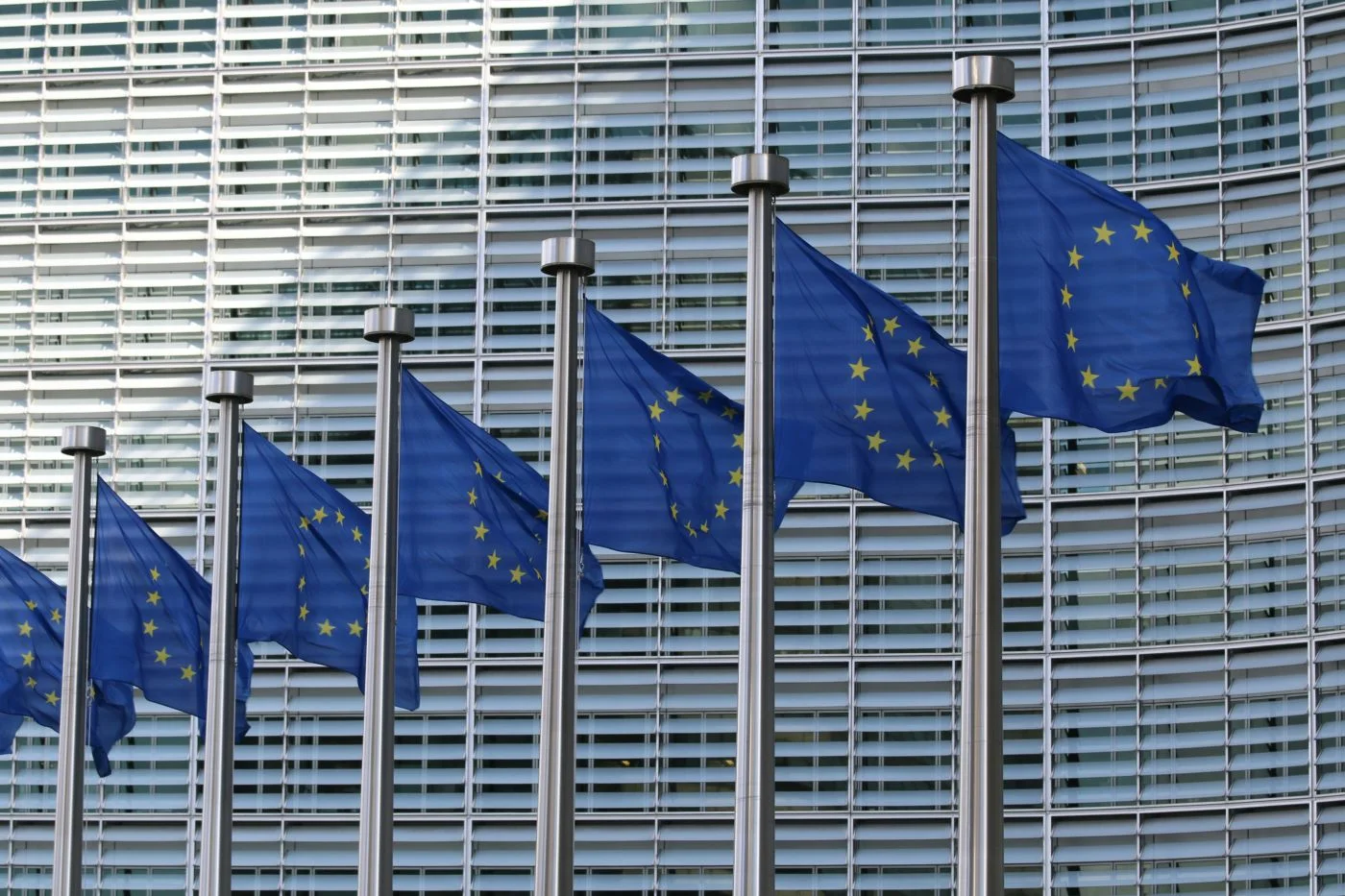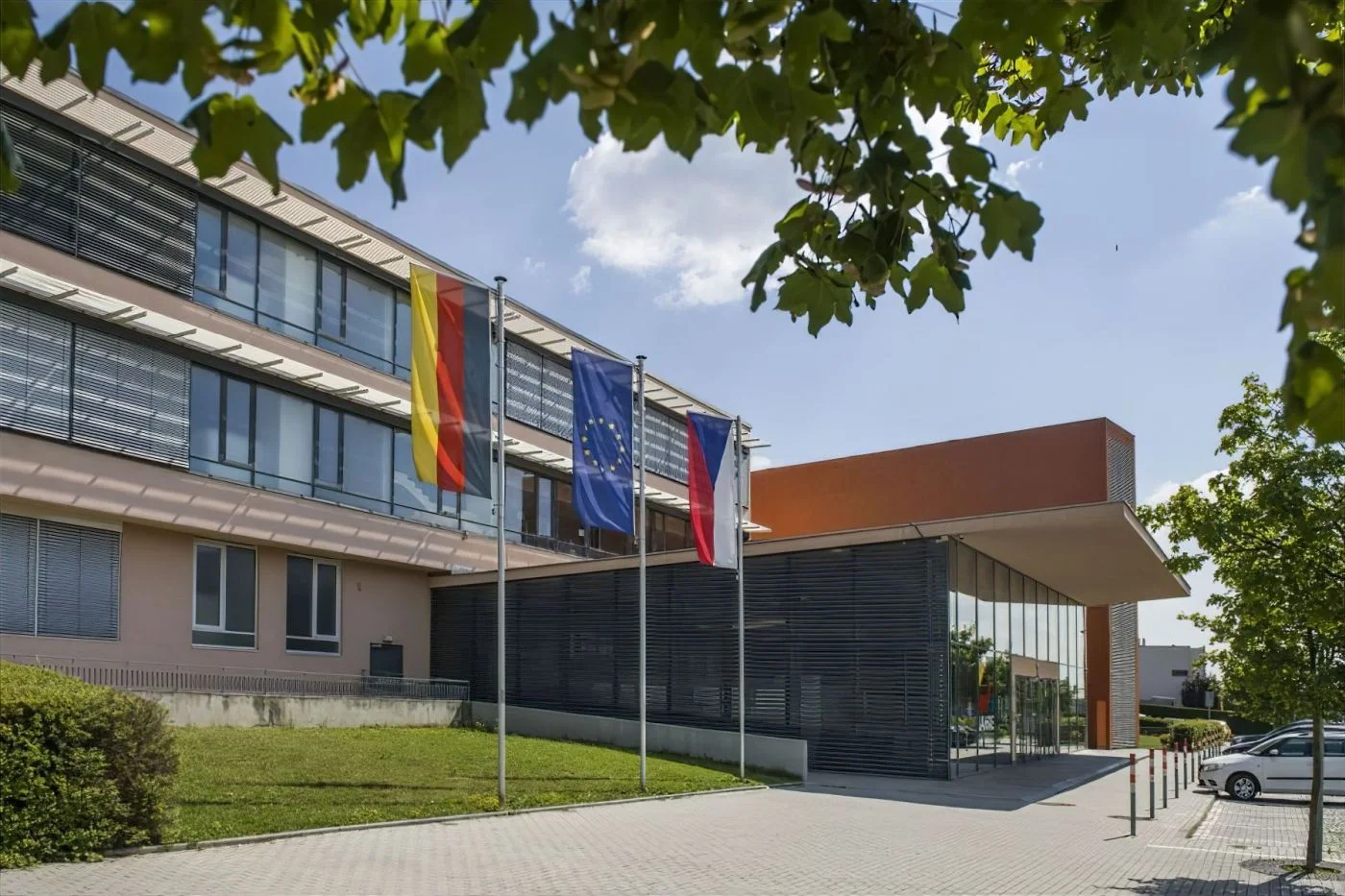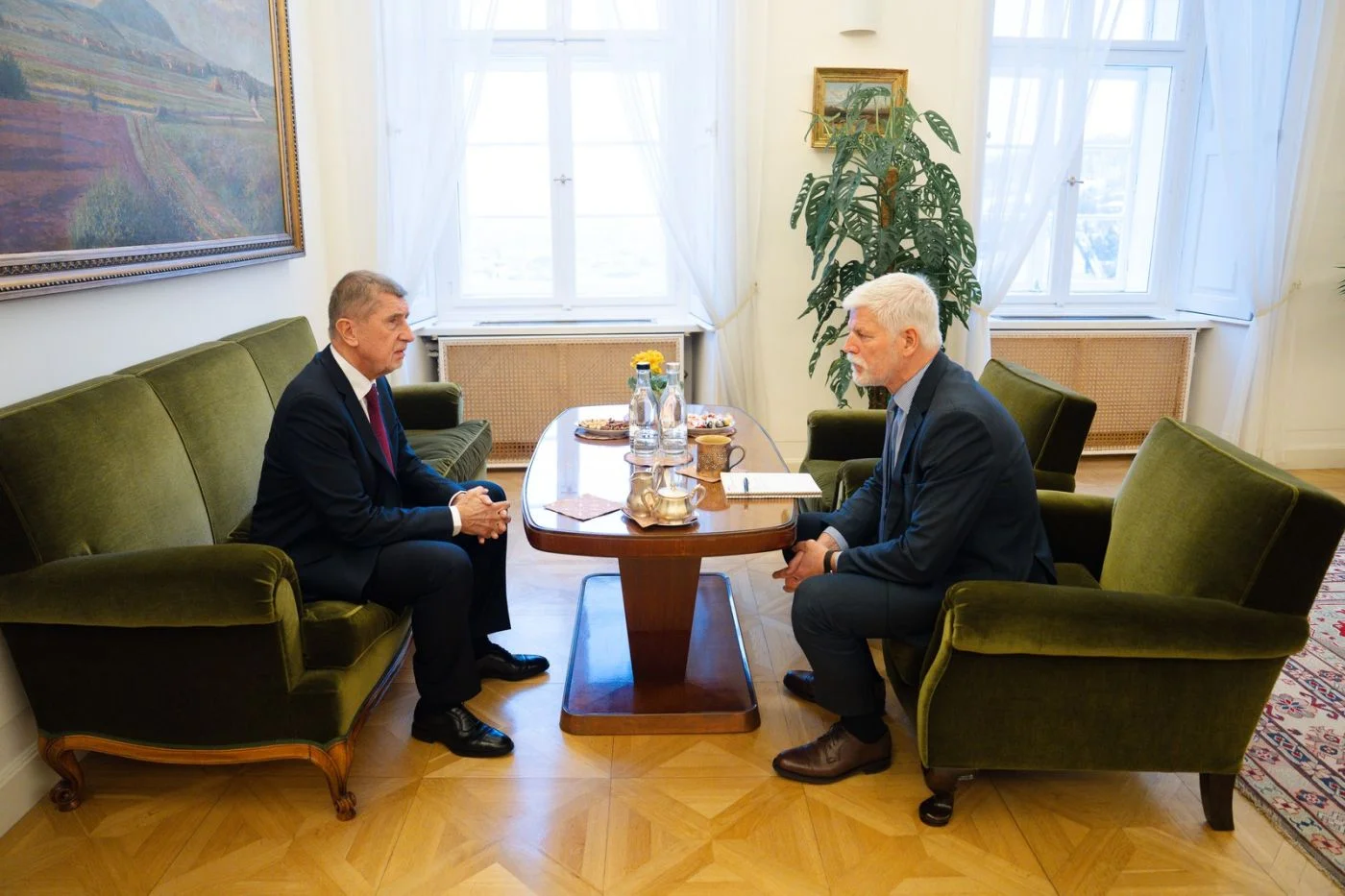
President Pavel Confers 48 State Honours for Exceptional Service
Zdeněk Svěrák, Martina Navrátilová and Dana Drábová Receive the Czech Republic’s Top Honour
Foto: Řád bílého lva
On the occasion of yesterday’s National Day on 28 October, President Petr Pavel honoured 48 individuals with state awards. The ceremonial event at Prague Castle recognised outstanding contributions in culture, sport and public service.
For the third time in his term, the Czech President Petr Pavel presented state honours to deserving individuals. This year, with five recipients, he awarded one more person the Order of the White Lion than in the previous year. The highest honour of the Czech Republic was bestowed, among others, on actor Zdeněk Svěrák, tennis player Martina Navrátilová, and posthumously on Dana Drábová, the long-time Chair of the State Office for Nuclear Safety.
The ceremonial event at Prague Castle opened with the sounds of the Hussite chorale Ktož jsú boží bojovníci. Among the guests were the country’s most senior officials – Prime Minister Petr Fiala and Senate President Miloš Vystrčil. In his opening address, President Pavel emphasised that the Czech Republic is a democratic, safe and sovereign country.
In his speech, the President also referred to the parliamentary elections in October, which, in his view, conveyed a message about the people’s willingness to participate in decision-making. This was reflected in a high voter turnout. Pavel further stressed that he would do everything to ensure that the election results are implemented in an orderly, calm and constructive manner during the formation of the government. He also expressed his respect for the individuals being honoured that evening.
With 48 honourees, the number of awards this year was lower than in previous years: in 2024 there were 56, and in 2023 even 62. The historical record is held by Václav Havel, who in 1998 honoured nearly 90 individuals.
The President of the Czech Republic traditionally grants four types of state honours:
- Order of the White Lion (Řád bílého lva)
- Order of Tomáš Garrigue Masaryk (Řád Tomáše Garrigua Masaryka)
- Medal for Bravery (Medaile Za hrdinství)
- Medal of Merit (Medaile Za zásluhy)
Orders are considered a higher form of distinction and are only awarded; after the death of the recipient, the insignia are returned to the Presidential Office. Medals represent a lower form of honour and are awarded to remain with the recipients’ families after their passing.
More from Politics & Education

STEM Survey: Most Czechs Want to Stay in the EU Despite Criticism

From Kindergarten to Abitur: Deutsche Schule Prag Builds a Future for Pupils of All Ages

